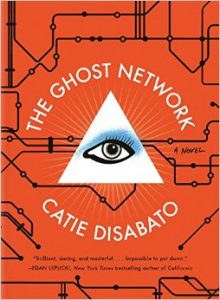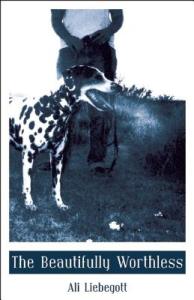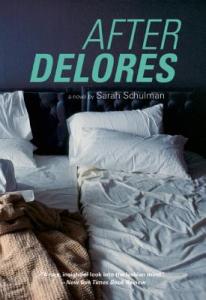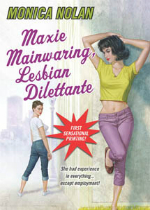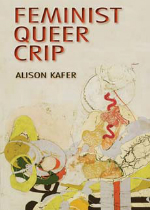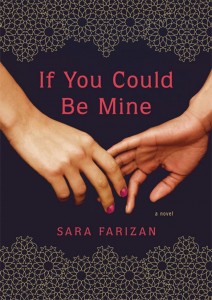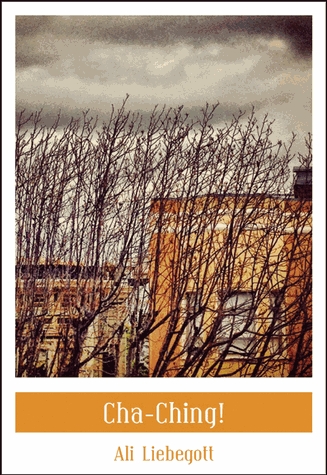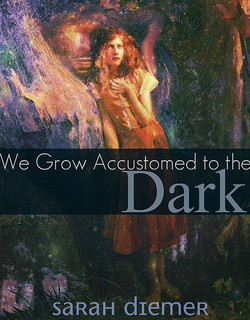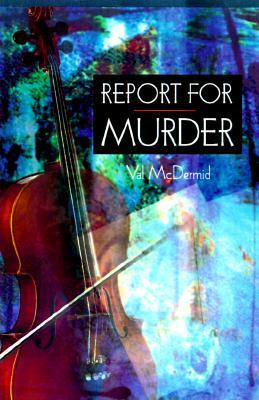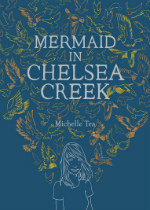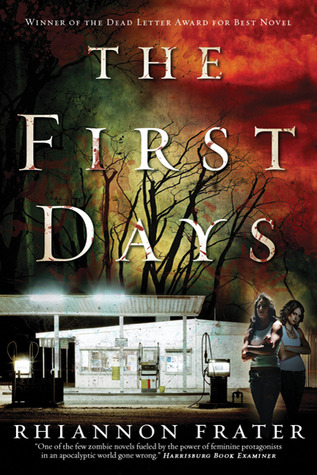This novel reminds me of everything, so forgive me if I drop more names in a short period of time that maybe I should.
The plot is a simple one: a world-famous pop star who calls herself Molly Metropolis vanishes in the middle of her tour. An obsessed journalist and fan, Caitlin Taer, is determined to find her. That’s it; that’s the plot.
But it’s also so much more. It seems that Molly has herself become obsessed with a French cultural group that were called The Situationists, led by a thinker named Guy DeBord. Their philosophy encompasses sociology, geography, architecture, and cultural theory. DeBord and his followers dreamed of building a new type of city which would ultimately foreshadow a new world. Caitlin and her girlfriend Gina Nix, who was once a top aide to Molly Metro, begin to study the writings of the Situationists in an attempt to locate the missing singer, who seems to have left cryptic clues as to her whereabouts almost everywhere. Among other ideas, the Situationists believed in the concept of detournement, which is basically the idea of “culture as common property.” In other words, one should be able to “take pieces of culture, like pop songs or photos of famous actors, and shove them next to or on top of other pieces of culture or cultural references, to create something new.” Kind of like “sampling,” but to the x power.
Bottom line: Disabato’s book is simply a concrete example of DeBord’s detournement. She is taking the ideas of her betters and shuffling them together to form something else. Let me explain in more detail.
I see so much here that is derivative. Disabato’s style is a lot like Thomas Pynchon’s . Molly’s disappearance reminds me somehow of Tyrone Slothrop in Pynchon’s Gravity’s Rainbow. The secret Situationist group reminds me of Pynchon’s Tristero in The Crying of Lot 49. Many previous reviewers have likened Molly Metropolis to Lady Gaga, although many other artists could have done just as well—Miley Cyrus, Prince, Grace Jones, Elton John. I am reminded most of the protagonist of Pinball, Jerzy Konsiski’s underrated novel, about a flashing rock star who was purportedly based on George Harrison, although I saw the protagonist as Elvis Costello. In The Hermit of 69th Street, Kosinski uses a great deal of footnotes, ostensibly to prove that the writing is authentic. However as intelligent and well-read as Disabato is, I doubt she has read Hermit of 69th Street. or Pinball. More likely, then, she was influenced by David Foster Wallace’s uncanny Infinite Jest, which abounds in footnotes and secrets and cultural savvy.
Oddly, the story is mostly told by an aging English professor named Cyrus Archer, who has become interested in Molly’s—then Caitlin’s—disappearance. As an academic, Cyrus writes in PMLA style, much like a series of encyclopedia articles complete with footnotes. And if that does not distance the reader from the material enough, he, too, disappears and leaves his unfinished book to our author, Catie, who attempts to finish it for him.
Disabado’s invention of the Situationists is a wonderful sleight of literary prose, reminiscent of the even more brilliant philosophical system in Neal Stephenson’s gargantuan futuristic novel Anathem She is hitting all the bases, to be sure. Caitlin’s search for Molly is also somewhat reminiscent of the wonderful Lesbian Mystery novel Looking for Ammu, although, again, this is a book that the author has almost certainly never heard of.
There are at least two flaws to the book, one major and one almost major. The lesser flaw is an inability of the author to show Molly Metropolis as a real musical artist. We are told about (although we never actually see) her designing costumes, working with dancers, and even writing lyrics, but it isn’t obvious that she has any real musical knowledge or ability. We never see her wrestling with words, practicing an instrument, or trying to create melodies. It is as if she becomes a pop icon simply by willing herself to be one.
The main problem I have though, is in Disabato’s choice of point of view. We all know that third person point of view is less immediate than first person, but Disabato decides to filter what she tells us even more by having the narrator be someone not directly involved in the action. He is simply a researcher reporting what he finds out. Not only that, she then filters it even more by bringing herself into the story as a sort of overseer, giving us her opinions of what Cyrus Archer has written. Disabato’s attempt to be incredibly literary is obvious. She made a very conscious decision to distance the reader from the text. So give her a point for considering alternate point of view narratives; take off 1.2 points for her making the wrong choice. I like the characters of Molly Metropolis, Caitliln Taer, Gina Nix, and Nick Berliner—but I would like them far better if Disabato had allowed me to know them more intimately. Her footnotes make the text seem academic, although most of them are simply not necessary. So too, an academic style precludes much experimenting with words and language, but I suppose that the Situationists would consider any artistic attempt at using words as pretentious. I don’t. Literature is art, no matter how you try to disguise it.
The chances The Ghost Network takes force me—as a former academic—to give this book a solid 4 stars. But before you rush out and buy it, I recommend you start with any of the novels I have mentioned above. They are the real thing. Disabato is young and talented enough to, in time, write something comparable.
For more than 250 other Lesbian Mystery reviews by Megan Casey, see her website at http://sites.google.com/site/theartofthelesbianmysterynovel/ or join her Goodreads Lesbian Mystery group at http://www.goodreads.com/group/show/116660-lesbian-mysteries

